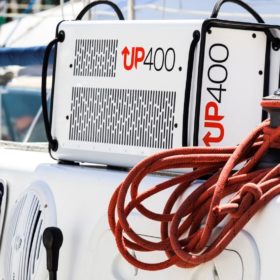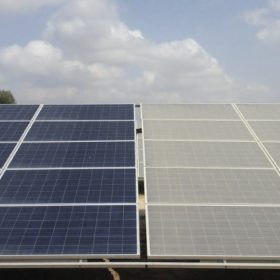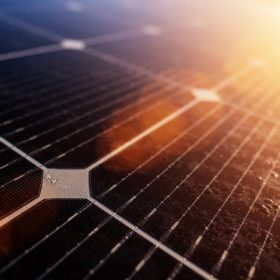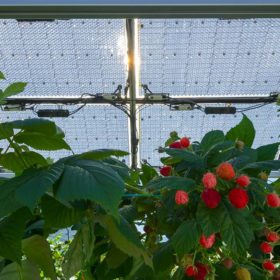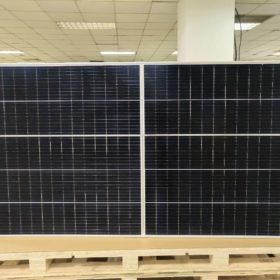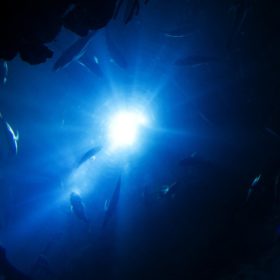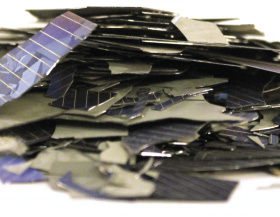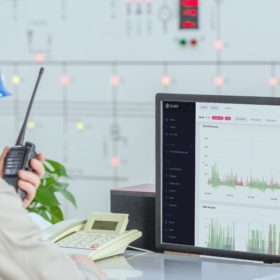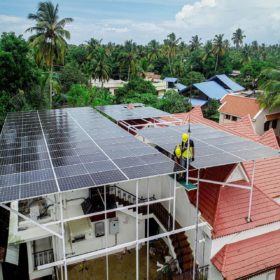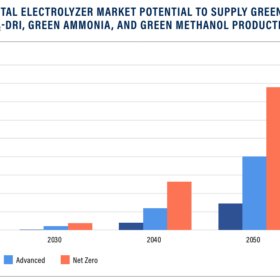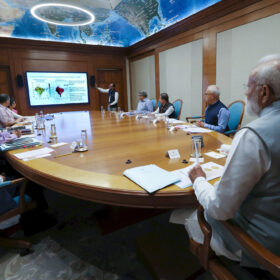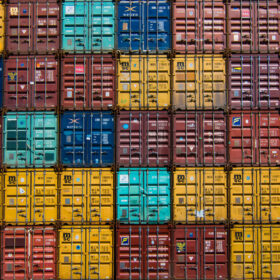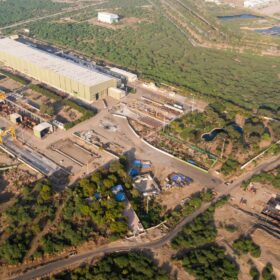Earth sciences ministry revisiting weather forecast approach to suit solar sector needs
The Ministry of Earth Sciences will strengthen meteorological forecasting activities in sync with the demands of the solar and wind energy sector stakeholders. It is already working on a five-year (2021-26) plan, said M. Rajeevan, Secretary, MoES, at a virtual workshop conducted recently.
Portable hydrogen fuel cell generator with power output of 400 W
The generator can be combined with batteries, solar panels, or small wind turbines. It is based on a proton exchange membrane fuel cell technology and is claimed to have a minimum lifetime of 5,000 working hours.
JinkoSolar claims 23.53% efficiency for n-type, TOPCon, monocrystalline panel
The PV module relies on Jinko’s TOPCon mono cell technology, for which a record efficiency of 25.25% was announced in late May. TÜV Rheinland has confirmed the result.
The long read: The impact of dust on solar panels matters
Anil Kottantharayil currently leads the Centre for Research in Nanotechnology and Science, as well as the Sophisticated Analytical Instrument Facility, at the Indian Institute of Technology (IIT) Bombay. He works on high-efficiency crystalline silicon solar cells, the impact of dust on solar panels, and the long-term reliability of photovoltaic modules.
All solar cell efficiencies at a glance
The research group led by Professor Martin Green has published Version 58 of the Solar cell efficiency tables. He spoke with pv magazine about the criteria with which these tables are compiled and the importance of result certification by independent third parties.
Transparent solar panels for agrivoltaics
Romande Energie and Swiss research institute Agroscope are testing startup Insolight’s transparent PV panels in an agrivoltaic project. The modules are replacing the plastic covers used to grow strawberries and raspberries.
Trina Solar achieves 23.03% efficiency for 210 mm PERC solar module
The result was confirmed by Germany’s TÜV Rheinland and TÜV Nord.
Using the oceans’ depths to store renewables, compress hydrogen
Underwater gravity energy storage has been proposed as an ideal solution for weekly energy storage, by an international group of scientists. The novel technology is considered an alternative to pumped-hydro storage for coasts and islands without mountains that are located close to deep waters, and may also be interesting for PV if used to store green hydrogen.
Solar photovoltaic quality control and waste management in India
As PV waste is set to rise rapidly in the coming decades, India needs to invest in efficient recycling technologies and devise a clear-cut policy for the safe disposal of PV waste. Guidelines for stringent quality checks and validation for both imported and locally produced solar panels are also needed to avoid early-loss solar waste.
ION Energy raises $3.6 million in latest funding round
The battery management solution provider will use the funds to grow its team, invest in product development, and expand the software business in North America and Europe.

